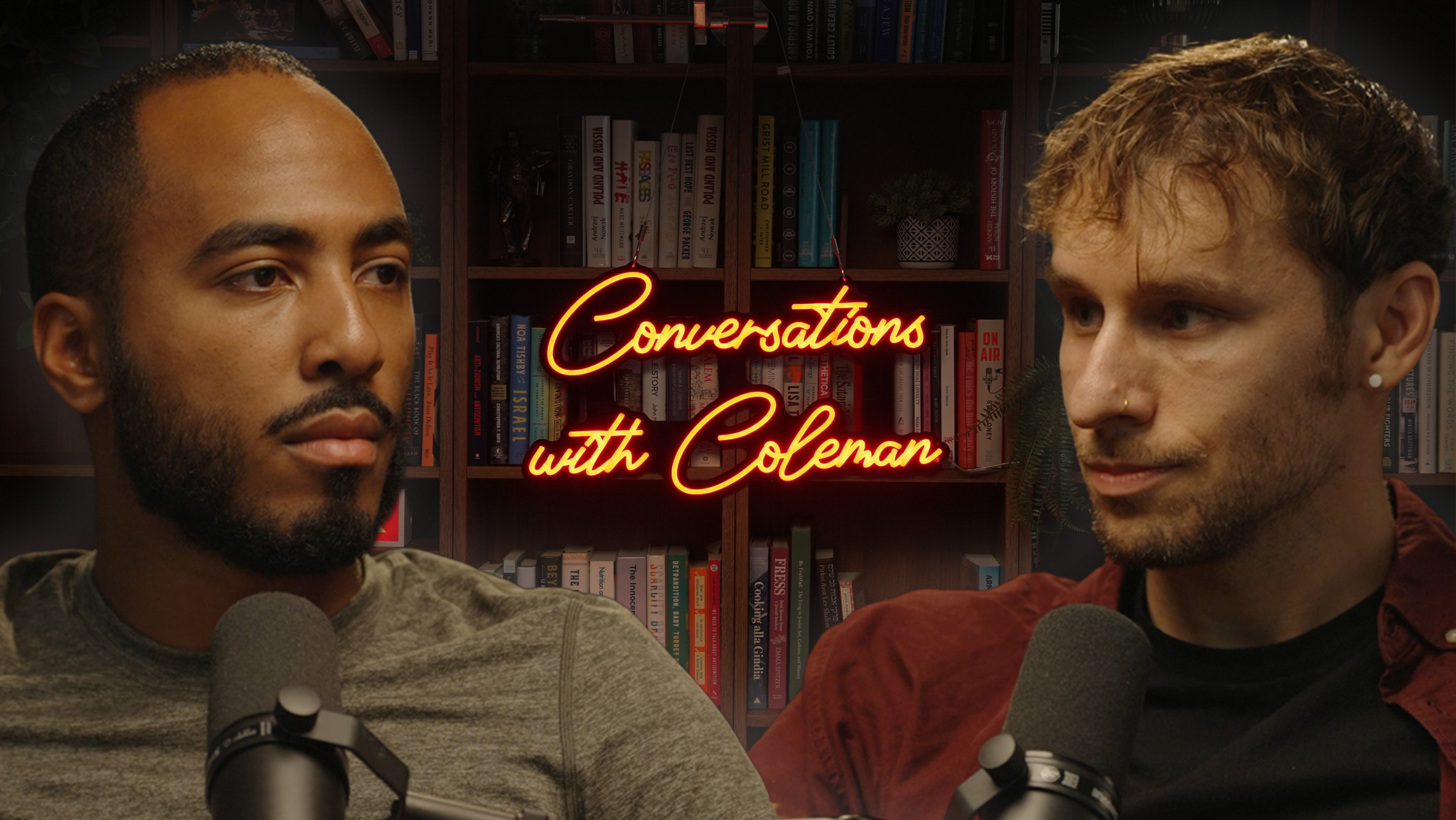Brené Brown on "Dare To Lead" and why vulnerability is the "only path to courage"
Bestselling author and social researcher Brené Brown burst into public consciousness with her 2010 TED Talk about the power of vulnerability. It remains the site's fourth most popular talk with more than 36 million views. She's continued her study of vulnerability, and her new book, "Dare To Lead: Brave Work. Tough Conversations. Whole Hearts," focuses on how to cultivate effective leadership.
Brown contends that courage is impossible without vulnerability and that it should be considered a skill, not a personality trait.
"Courage is incredibly contagious, as is fear, as we can see in the world. As is scarcity. And so courage is contagious and we can teach it, we can learn it, we can measure it, and we have to create cultures where being armored all the time is not rewarded behavior," Brown told "CBS This Morning."
She also pointed out what she sees as a common misconception about vulnerability: That it requires disclosure.
"Vulnerability is, can you manage uncertainty and risk and emotional exposure? Can you stay in the hard conversation? Can you tell the truth? Can you give feedback when it's hard? Can you ask for feedback when it's hard? Vulnerability is… the only path to courage and it is the birthplace of innovation, creativity, trust, empathy," she said.
"CBS This Morning" co-host John Dickerson asked Brown to assess the leadership style of our current president, who one could argue has been a successful leader through methods that are entirely different than the definition she espouses.
"You can get masses of people behind you if you do two things. If you weaponize uncertainty, if you take people who are in uncertainty, and guarantee them certainty and then give people someone to blame for their pain. You can do anything you want. The problem with that is that fear has a short shelf life. And you cannot do that for very long. The question is always what kind of damage are you going to do while you're able to do that. But I do not… I don't think that's sustainable," she said.
Brown hopes that people who read this book, at the least, will take away one simple behavioral change.
"Clear is kind, unclear is unkind. Stop avoiding the tough conversations because you think you're being polite or kind to people. That's not kind."



